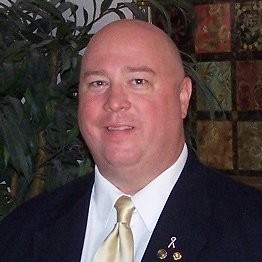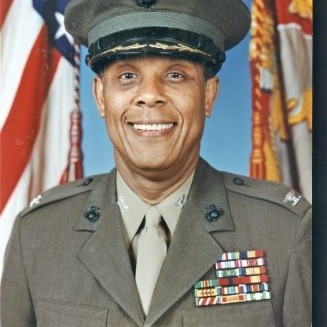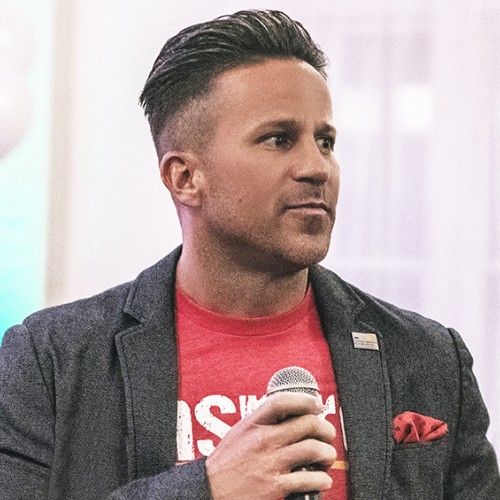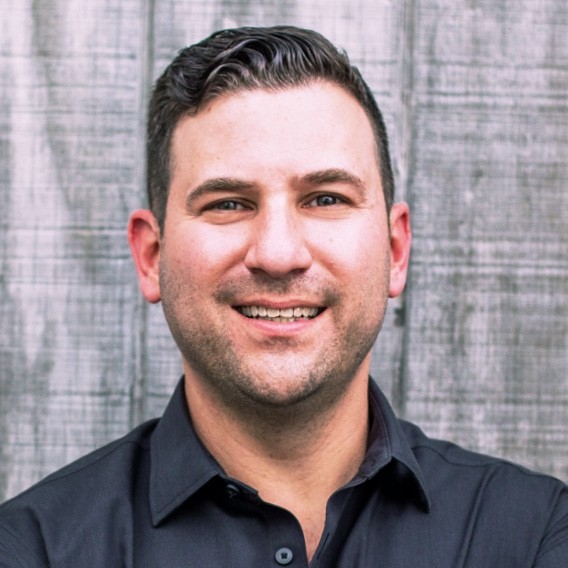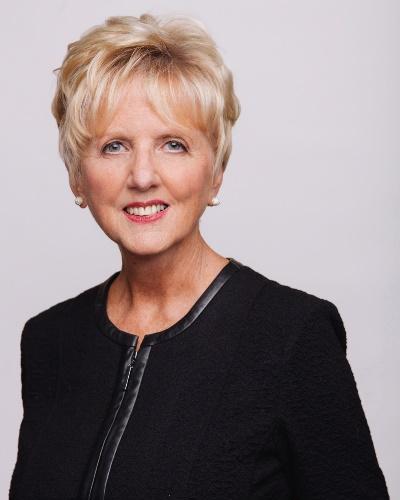I am in a mentoring relationship with another CEO who has been having some people issues at this company. The focus of our most recent conversation was how to handle these types of situations without harming company culture and morale.
The issue he is focused on right now is with his controller (or lead accountant). His controller is a really nice guy, everybody loves him, and from a company culture perspective, he brings positivity to the workplace. But, he just isn’t getting his work done on time, and he is often a bottle-neck for the entire company.
My CEO mentor recognizes this and doesn’t know what to do. He doesn’t want to fire him because people genuinely like him and he has positive attributes that make the work environment rewarding. But he can’t let the whole company be hamstrung because of one person’s delayed work.
3 weeks earlier, this CEO mentor of mine had a similar issue with a couple of his salespeople. They were nice employees and people liked them, but they also weren’t getting the job done. In that situation, the CEO essentially gave his salespeople an ultimatum: “If you don’t increase your performance, we are going to have to move in a different direction.”
The result…both salespeople took his suggestion, moved in a different direction, and left with a sour taste in their mouth of their working experience.
It didn’t stop there either. Additional costs for the company and my CEO mentor were significant because he now needed to recruit, hire, and train 2 new salespeople, all the while losing out on the sales from the 2 former employees. This all set him back on accomplishing other business goals that he set his company.
The CEO decided that he wanted a different outcome with his controller. My mentor realized that the ideal outcome would be to transition him to a different role without the employee taking this as a personal affront.
Neither he nor I knew if that could be possible, but my CEO mentor knew there had to be a different, and better, strategy than the “my way or the highway” approach.
One thing that he brought up to me in our conversation was Marshall Rosenberg’s idea of Nonviolent Communication.
Nonviolent Communication is a series of steps that help de-escalate a potentially contentious situation by stating the facts, removing emotional generalizations (e.g. because I hate when you do that, or because it wasn’t fair for me), and provides a clear, tangible next step that is ideally reasonable and accepted.
The steps to nonviolent communication are: observation, feeling, need, and request.
Observation is an unequivocal fact that can’t be disagreed with. When conveying the observation, there shouldn’t be a positive or negative tone in the voice of the person stating the observation. It is merely a statement of fact.
Feeling is the feeling that the person initiating Nonviolent Communication is feeling. This is ONLY THE FEELING. Anything else that comes with the feeling is irrelevant. Feelings include: mad, sad, angry, frustrated, and anxious. Avoid insults and anything that starts with “I think”. Also, it can be easy to fall into the trap of mistaking insults for feelings (e.g., “You do this on purpose to be a jerk”).
Need is a need that everyone can agree to. A need is not “I need you to do xyz things”. A need is a higher level notion that is aspirational and is something that EVERYONE can work towards. It holds the person conveying Nonviolent Communication, the person receiving it, and anyone else involved accountable to this need. An example could include “my need is a work environment where people are respected, they get their work done, and they can find joy in the workplace.” Most people can agree that they would consider this a need for their work environment.
Request is a specific, tangible, ideally measurable request that is reasonably achievable. If it is vague, it will be difficult to know if it was achieved and if it is unreasonable, it will create resentment. A bad example of a request would be “my request is that you never interrupt me again.” This is a bad example because it requests for somebody to change actions instantaneously and without margin for error. An employee might develop some minor habit of inadvertently interrupting you but not realize it frustrates you so much. So, when you finally decide to bring it up to them and ask (order!) them to never do it again, you are presenting an unrealistic request and not seeking to understand the person. A better request would be:
“My request is that when we have a conversation, you try practicing reflective listening, meaning that when we have a conversation, you take a pause after I am done speaking to reflect on what I just said before jumping in with what you are going to say. I recognize that this might take time to practice and implement, but my request is that you give it a chance and are intentional about practicing it in conversations.”
You could potentially add in a specific number of times that would be acceptable for that person to interrupt you to be measurable, but that may sound condescending for this situation. The key difference is that the request is much more likely to be adopted than the original bad example. By practicing Nonviolent Communication and working with the person, you are working together to find the best solution for all parties.
So, my CEO mentor decided to apply Nonviolent Communication to his situation with his controller to see if it might be able to achieve his desired goal of getting him to work on a different task while showing him respect and maintaining his dignity.
His observation: The accounting work that was due on June 20th came in on July 1st. This has happened each of the past 3 months, and we have had several conversations about the importance of timely accounting work over the past 3 months.
His feelings: He feels frustrated and anxious.
His need: A work environment where people are respected, they get their work done, and they can find joy in the workplace.
His request: “Would you be open to helping onboard a new controller over the next 3 weeks, and then transitioning your work to the marketing department afterwards?”
The result…his controller was open to it! The CEO mentor of mine may not have perfectly implemented the keys to Nonviolent Communication, but he did them well enough to achieve his desired goal. This part is important: you won’t get it perfect on your first try. But practice makes perfect, and even imperfect execution can help you solve your people problems.
His controller, now marketing assistant, helped onboard the new controller, and because he was so well-liked by others at the company, his transition to marketing was smooth. So far, he is getting his work done on time and finding a greater passion for his work in marketing compared to accounting.
As business leaders, we may scoff at the idea of showing emotion at work and sharing our feelings. And if we do, they may come out as massive generalizations that can be hurtful and negative to culture. In this example, this CEO mentor of mine showed emotion, vulnerability, and subsequently leadership and was able to accomplish his goals and his company goals.


